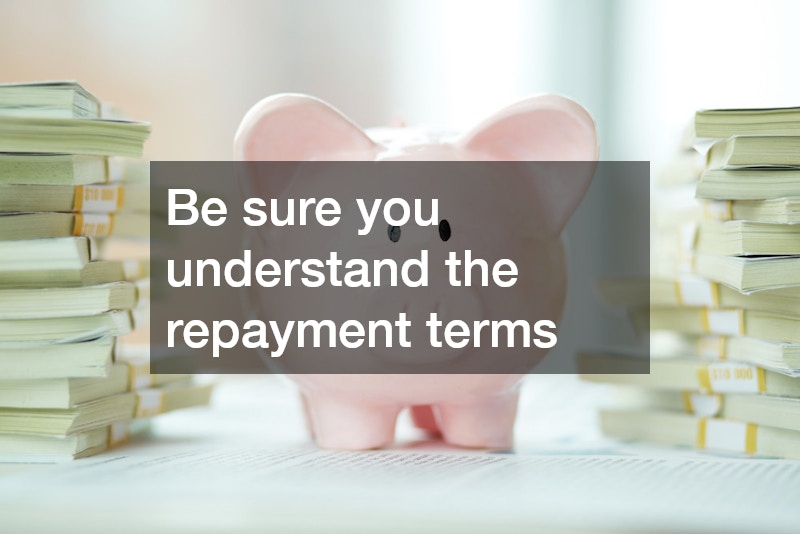
Getting a mortgage is one of the biggest financial commitments many people will ever make. While it’s exciting to move toward homeownership, there are plenty of missteps that can lead to unnecessary stress, delays, and added costs. To help you avoid common pitfalls, we’ve put together a list of the top 10 mortgage mistakes people often make.
1. Not Checking Your Credit Score First
Your credit score plays a major role in the mortgage approval process. A low score can result in higher interest rates or even a denied application.
One of the biggest mistakes you can make is applying for a mortgage without reviewing your credit report first. Check your score, look for errors, and take steps to improve it before applying.
2. Ignoring Your Debt-to-Income Ratio
Lenders look closely at your debt-to-income (DTI) ratio when reviewing mortgage applications. This number helps them determine whether you can realistically afford monthly mortgage payments. If your debts are too high relative to your income, you might not qualify for the loan amount you want—or you could stretch your finances too thin trying to make it work.
3. Skipping Mortgage Pre-Approval
House hunting without mortgage pre-approval can lead to disappointment. A pre-approval gives you a clear idea of how much you can borrow and shows sellers you’re a serious buyer. Without it, you might fall in love with a home you can’t afford or miss out on a deal because another buyer was already pre-approved.
4. Not Shopping Around for Rates
Many people go with the first lender they talk to—but mortgage rates and terms can vary significantly. Even a small difference in interest rates can save (or cost) you thousands over the life of the loan. Always compare offers from at least three mortgage lenders to find the best deal for your situation.
5. Focusing Only on the Interest Rate
While the interest rate is important, it’s not the only number that matters. Look at the annual percentage rate (APR), which includes lender fees, points, and other charges. A low rate with high fees might not be the best option overall. Be sure to factor in the full cost of the mortgage—not just the headline rate.
6. Making Major Financial Changes During the Process
Once you’ve started the mortgage application, it’s crucial to keep your finances stable. Changing jobs, financing a new car, or racking up credit card debt can throw off your approval. Lenders monitor your financial profile up to the closing date, so avoid any big moves until after you’ve closed on the mortgage.
7. Underestimating Closing Costs
Many buyers are surprised by how much they need at closing. In addition to the down payment, you’ll pay various fees like appraisal charges, title insurance, and attorney costs. These can add up to 2%–5% of the home’s price. Budget for these expenses early in your mortgage planning to avoid last-minute scrambling.
8. Choosing the Wrong Type of Mortgage
There’s no one-size-fits-all mortgage. Some borrowers benefit from fixed-rate loans, while others might save with adjustable-rate mortgages. First-time buyers may qualify for special government-backed programs. Choosing the wrong loan structure can lead to higher payments or financial risk down the line. Talk with a knowledgeable mortgage professional about what fits your goals.
9. Not Reading the Fine Print
Mortgage agreements are filled with important details—and many buyers overlook them. Be sure you understand the repayment terms, penalties for early repayment, escrow requirements, and how taxes and insurance are handled. Ask questions about anything unclear before you sign. A little extra time upfront can prevent big headaches later.
10. Borrowing the Maximum You Qualify For
Just because a lender approves you for a certain amount doesn’t mean you should borrow that much. Maxing out your mortgage budget can leave you with little wiggle room for emergencies, savings, or lifestyle needs. Consider what monthly payment is truly comfortable for your financial picture—not just what you qualify for on paper.
Taking out a mortgage doesn’t have to be overwhelming, but it does require thoughtful preparation. Avoiding these top 10 mistakes can help you secure a better deal, stay within budget, and feel more confident in your home purchase. A little planning today can save you a lot of stress tomorrow. If you’re unsure about any part of the mortgage process, consult with a trusted mortgage advisor to guide you through it.






